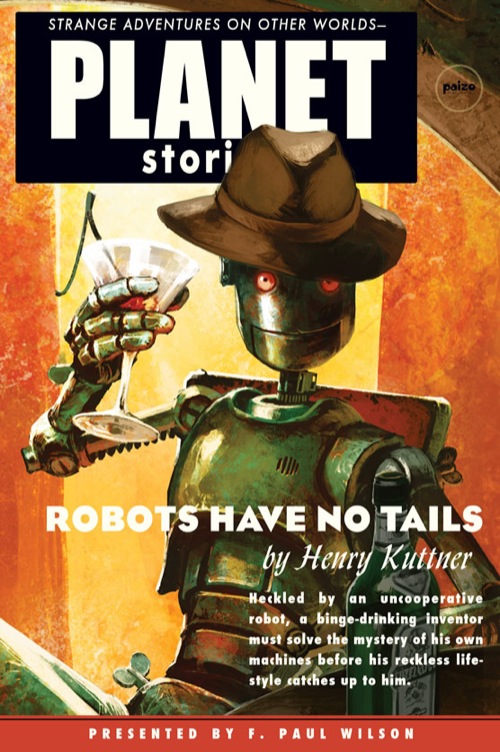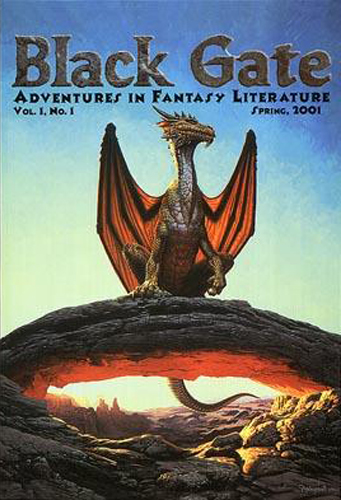For writers, blogging is almost certainly a mistake. (For “blogging” substitute almost any kind of social networking common nowadays.) Writers make worlds out of the stuff in their heads; they can’t be wasting it on blog-posts (at least, if they think they’re going to run out of words). Further, though it may be very amusing to describe the life-and-death battle that recently occurred between your cat and a shoelace, at least to you and your cat (and housecats are a significant portion of the audience for the average blog, a fact I can prove with science-based assertions upon presentation of a relevant court order), still: if you run your mouth endlessly in public, sooner or later you will say something you wish you hadn’t. In my case, it usually involves tangled parentheses of some kind, but with regular people it can sometimes be quite serious.
Plus, saying stupid stuff is relatively harmless compared to blogging stupid stuff. Suppose someone says something stupid in your presence. Later on, you’re talking to a mutual acquaintance, i.e. me, and you say, “You’ll never believe what Whatshisname said.” (You have better things to do with your time, certainly, but bear with me here; it’s just a thought experiment.) And I don’t believe you. I say something like, “Oh, I know Whatshisname and he’d never say that. Are you sure he wasn’t being ironic?” Maddening. Someone has to do something about this irony stuff. Anyway, that’s the way it might play out in conversation. But if what’s in question is an injudicious blog-post, a convenient link will slay the Ganondorf of disbelief. That’s tough on old Whatshisname, since we won’t be buying his stupid books anymore.
So: blogging. Bad for writers, possibly.
Good for readers, though. It’s a tremendous benefit to potential readers of a book to find out that its author is a porcinely gross, foul-mouthed, bloviating bag of toothless malice squirting flatulent saliva-streaked jets of verbal poison into the eyes of any innocent web-wanderer who happens upon his blog. If they like that sort of thing, then they can support it by buying Whatshisname’s books–and if not, then not.
So, in addition to the “Blog Against Blogging Week” to save writers from themselves (which has occasionally been proposed), I counter-propose a “Blog Against ‘Blog Against Blogging Week’ Week” to save readers from writers. Eventually, everyone will be saved from everybody else, and what a relief that will be.


 I had been reading science fiction for four or five years before I actually ran across any of the science fiction magazines. I was aware that they existed, and was extremely interested in reading them, but never saw them in bookstores. I now attribute this to the fact that bookstores generally put genre magazines with the magazines and not with the books (where I had been looking for them), and also to the fact that I wasn’t super-bright.
I had been reading science fiction for four or five years before I actually ran across any of the science fiction magazines. I was aware that they existed, and was extremely interested in reading them, but never saw them in bookstores. I now attribute this to the fact that bookstores generally put genre magazines with the magazines and not with the books (where I had been looking for them), and also to the fact that I wasn’t super-bright.


 Apologies for my radio silence last week. Candidly, I was at a loss for a subject, until Fate and Amazon put the perfect book into my hands (which I’ll talk about below), which wasn’t until sometime late in the week.
Apologies for my radio silence last week. Candidly, I was at a loss for a subject, until Fate and Amazon put the perfect book into my hands (which I’ll talk about below), which wasn’t until sometime late in the week.



